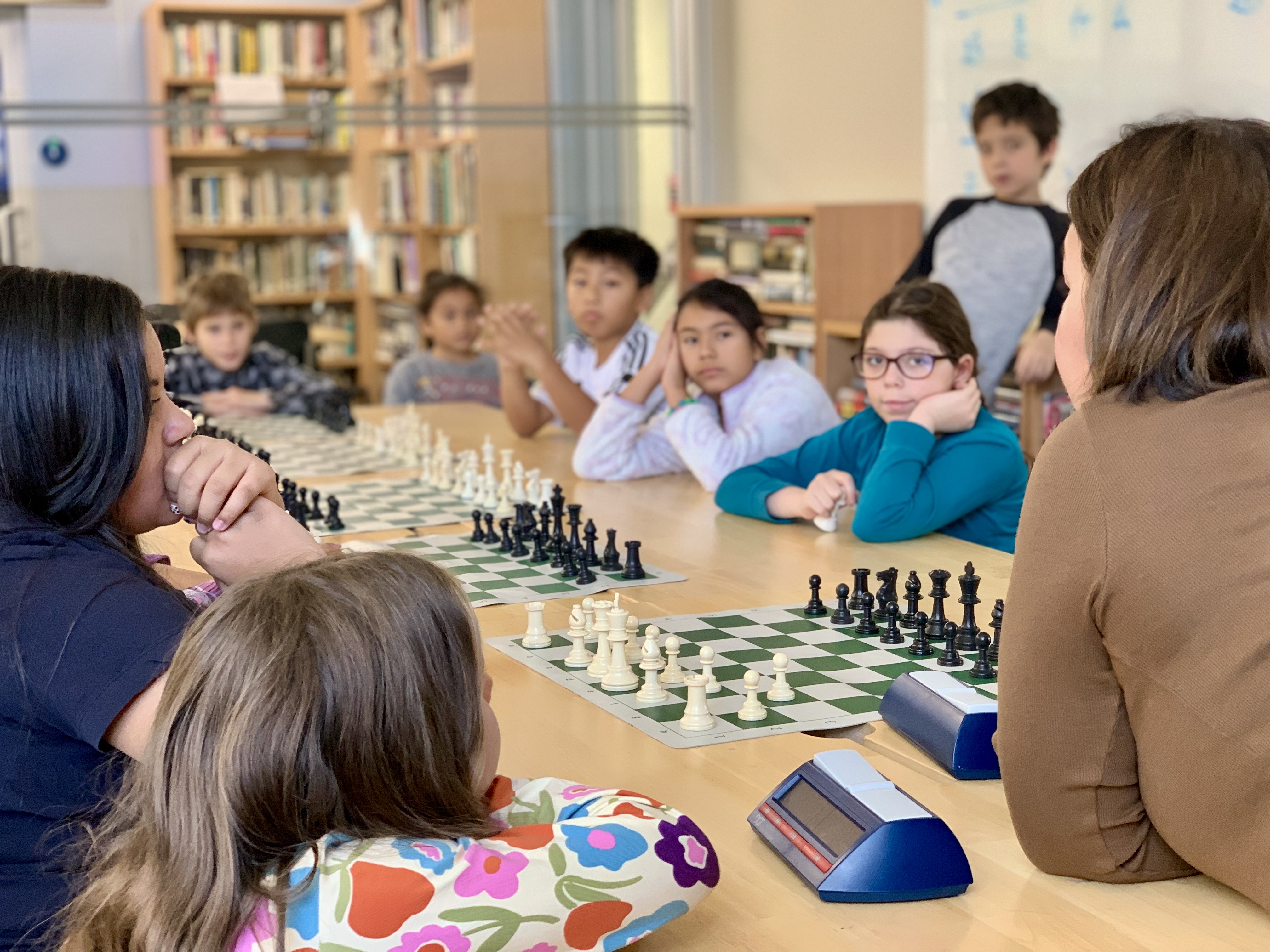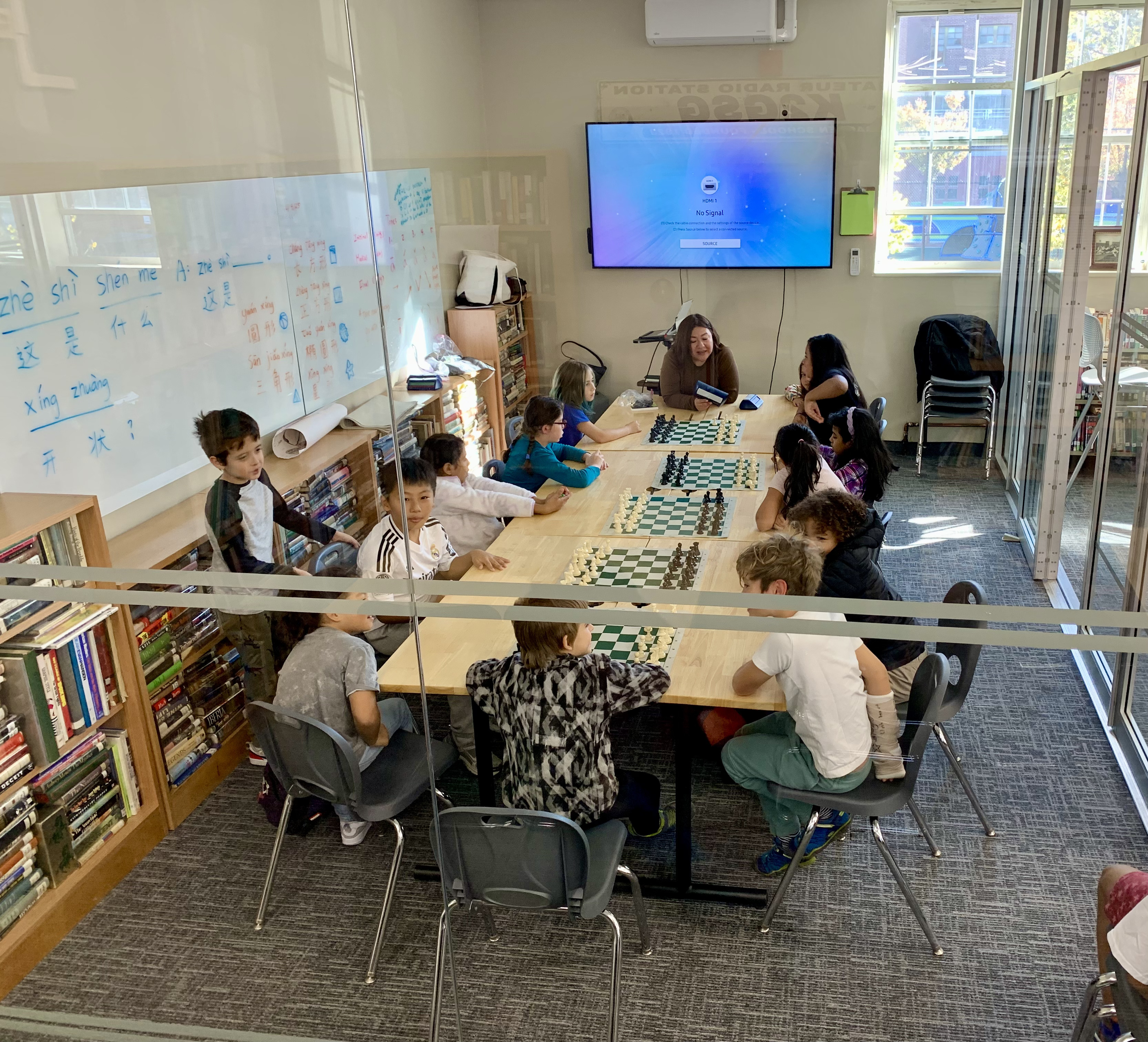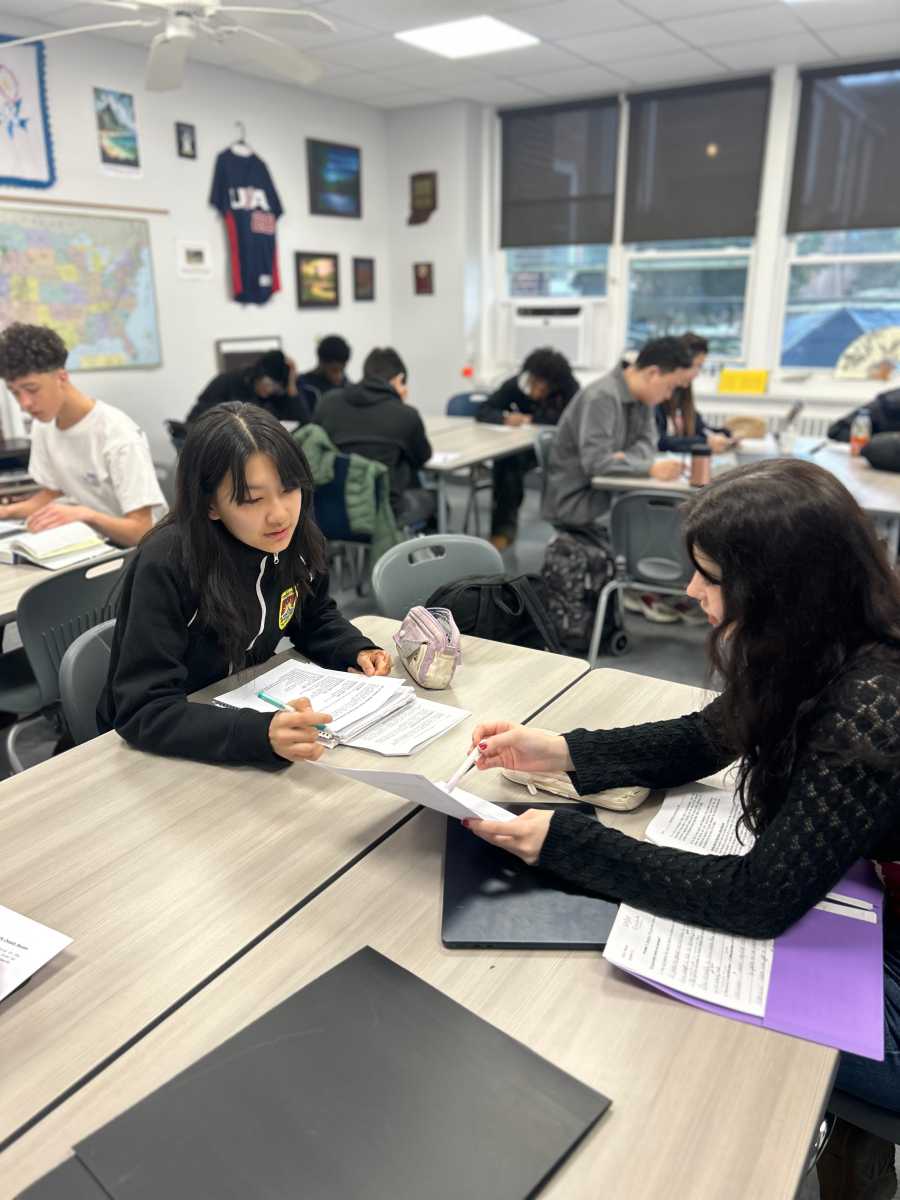In the shifting landscape of education, the notion of the classroom has been transformed. Yet, even as we integrate VR, smart TVS, AI and flexible spaces, we find ourselves returning to fundamental questions posed for hundreds of years: what is the purpose of education and what does it mean to truly learn? There is no shortage of opinions on this, with some clinging to visions of the past and others tossing it all out in search of the next shiny idea.
As we reevaluate the role of school and teacher given all the new variables, our field reasonably asks questions central to its identity, like why we gather students in physical spaces when information is everywhere or why we engage children in inquiry when AI generates answers in seconds. Leading a century-old institution, I am reminded that to advocate for the best modern classroom is not to abandon tradition, but rather to fulfill its deepest aims.

From Socrates to Dewey, the great thinkers who shaped how we view school would recognize in today’s most forward-thinking classrooms the realization, not the rejection, of their core philosophies. Far from irrelevant, classic thinkers laid the groundwork for what the modern classroom must become.

Socrates believed in teaching through questioning, not telling. Socratic methods live on in today’s student-centered models. His beliefs are key to the classroom that shifts away from the rote and leans in on discussion, and that encourages students to contemplate and challenge. Even as digital tools accelerate access to information, they do not replicate human connection or the productive discomfort that arises from deep questioning and the dialogue that demands a willingness to grapple with ambiguity.
Similarly, Plato envisioned learning as an awakening that leads students from the cave of ignorance into the light of truth. His allegory is of a transformative journey; precisely the kind of true learning to which we aspire today. Perhaps the modern classroom is better equipped than ever to facilitate a journey where students learn to evaluate, question biases and recognize truth. Plato would love the internet, as it enables students to explore beyond the school walls and turn the world into their textbook.
The list goes on. Aristotle would be pleased to see that high value is now placed on virtue and character alongside rigor. The modern classroom is where we teach the whole child and is a space not for knowledge transmission but for moral and civic formation, where emotional intelligence and intellect are fostered side by side. Locke would see the way we now understand how different brains learn, as explicitly linked to his Tabula Rosa. Today we know every mind is a blank slate to be developed through differentiated approaches.
Montessori and Rousseau would see flexible schedules, center-based learning and PBL as reflections of their advocacy for an educational model that follows a child’s natural curiosity and interests. Likewise, Dewey would find his vision for democratic education alive across many schools, as we increase student agency and integrate service learning and real-world experiences. Freire would see that in the modern classroom, education is becoming the liberating force he knew and hoped it could be.
The modern classroom is both place and philosophy. It is defined not just by its tools, but by its ethos. It is a space where questioning is valued over answering, where failure is a teacher and where education is not passive consumption but active creation. It is where technology amplifies a teacher’s wisdom, a student’s curiosity and the curriculum’s depth. In this way, we recognize now what all these thinkers always knew; no child should be made to conform to a one-size-fits-all model and the individual will learn more when we teach to the individual.
Christopher Herman is Head of School at Garden School, a Nursery to Grade 12 Independent school in New York City. He is a graduate of the University of Pennsylvania’s School Leadership Program and former adjunct faculty at St. Joseph’s University in Philadelphia. He writes and speaks often on topics relevant to education.
































